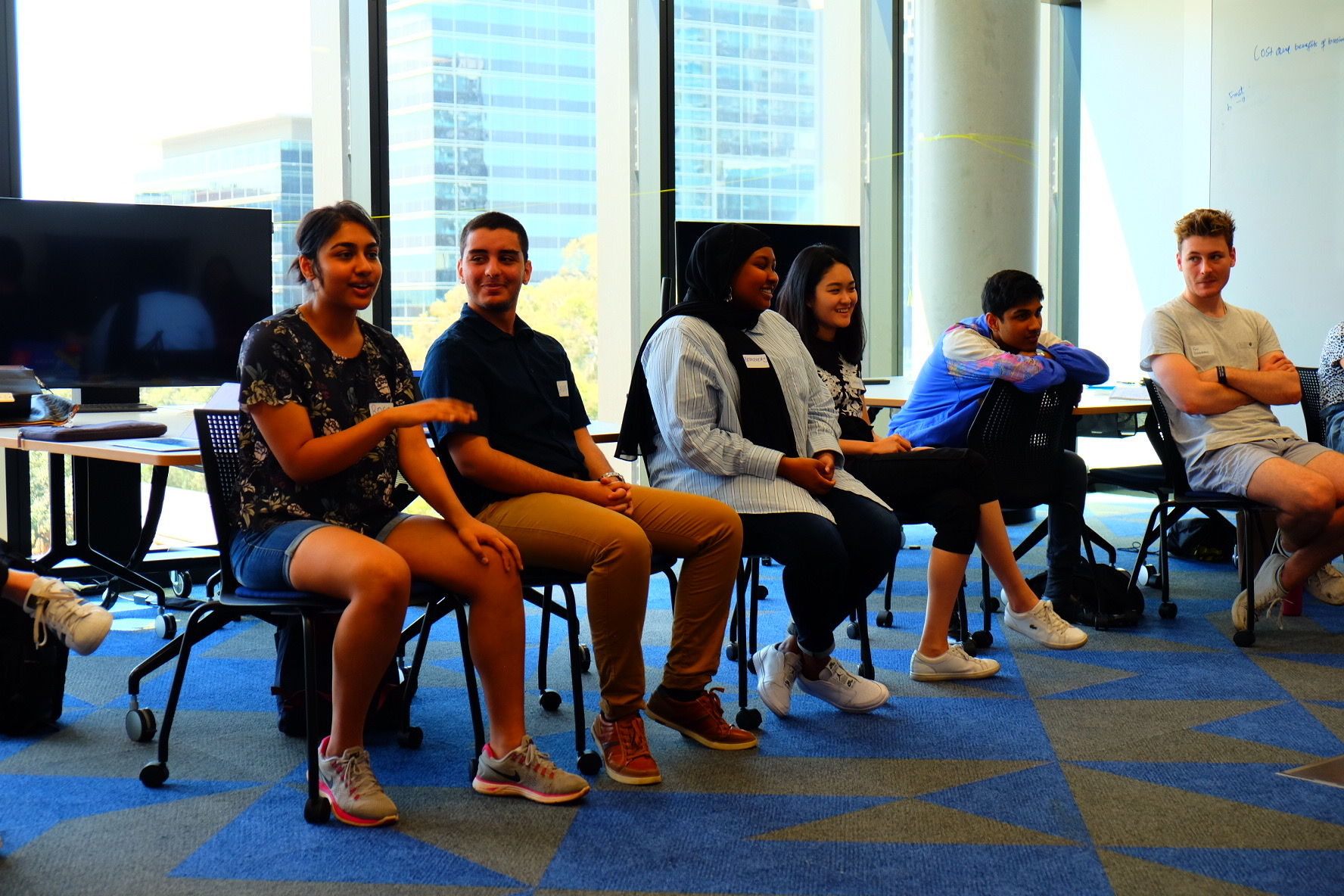The WH&Y Engagement Framework sets the scene for inclusive, productive and successful collaborations between adults and young people. At its heart are a set of values that health professionals and researchers can use to start asking questions about how they work now and how they can move towards even better models of youth engagement

Developed by the inter-generational Wellbeing Health & Youth (WH&Y) team, the WH&Y Engagement Framework is an evolving tool that embodies what young people are saying intergenerational collaboration should look like, and makes it easier for health researchers and practitioners to embed those ideas and practices in their everyday work.
Rather than providing strict guidelines for youth engagement, it identifies core values: mutual trust and accountability, diversity and social inclusion, and equity and responsiveness.
How those values are implemented depends very much on the group, the project and the goals of the work. The questions below can help project teams start a conversation about their existing organisational strengths, and other areas where they need to change and innovate.
Mutual trust and accountability
- Does the work we are planning (or doing) recognise the range of stakeholders involved in supporting the health and wellbeing of young people? This could mean talking about what it takes for young people to have trust in health professionals and health systems, and making sure those things and people are represented.
- Are we creating an environment in which young people feel safe and comfortable about voicing their ideas? This could mean thinking about things like planning activities at ‘youth-friendly’ times and places, or understanding how different social contexts make it easier or harder for young people to have their say.
- Are we demonstrating that contributions from young people are valued? This could mean publicly acknowledging the input of the young people involved, actively helping them to develop new skills and contacts, providing them with financial reimbursement – or something else.
- Are we embedding a sense of shared intergenerational responsibility? This could mean building in opportunities for young people to hear about the ongoing progress of the project, and to share their feedback.
Diversity and social inclusion
- Are we respecting the complexity and diversity of young people’s lives by working with a range of young people who can provide different perspectives? This could mean actively setting out to engage a group of young people who represent different ages, genders, sexual identities, locations, economic status, educational experience and health.
- Is what we’re doing going to be easily accessed and understood by everyone involved, including young people? This could mean thinking about the language used, the way that data, statistics and other insights are presented, or the channels used to share information.
- Are the communications and other materials we’re producing truly inclusive? This could mean looking closely at things like invitations, consent forms, brochures, apps and websites to make sure they don’t contain language and other assumptions that make some young people feel excluded.
Equity and responsiveness
- Are we working to reduce unfair differences in health outcomes for young people? This could mean making conscious efforts to identify the unique needs, perspectives and experiences of young people, and how they impact on their interactions with health services.
- Are we taking a strengths-based approach? This could mean actively considering the innate abilities, interests and motivations of young people and how to embed those in youth engagement, and in health services.
- Are we approaching our work in a way that allows us to genuinely respond to the ideas, insights and suggestions coming from young people? This could mean being prepared to let go of assumptions, hypotheses and even plans, and entering into projects with a genuine commitment to discover and learn alongside young people.
This project has been facilitated by Stream 1: A New Ethics of Engagement, led jointly by Professor Angus Dawson and Associate Professor Philippa Collin.









